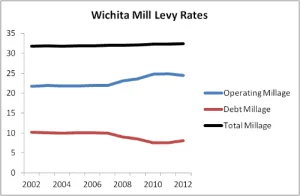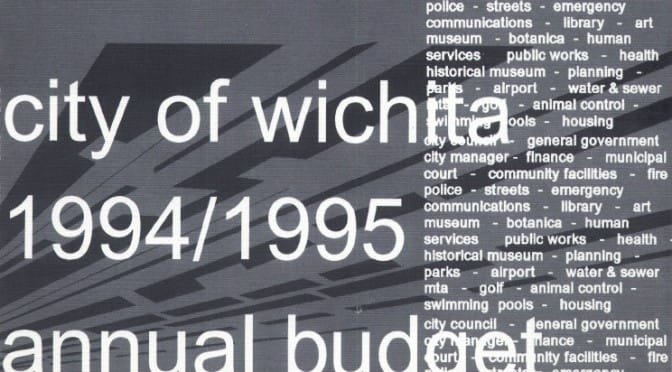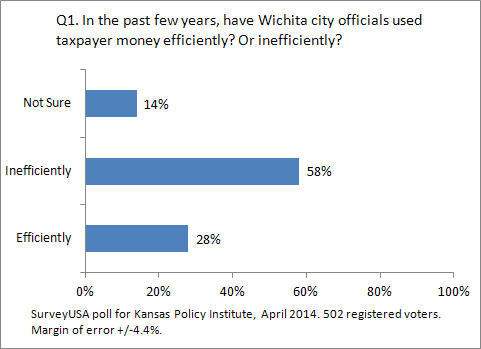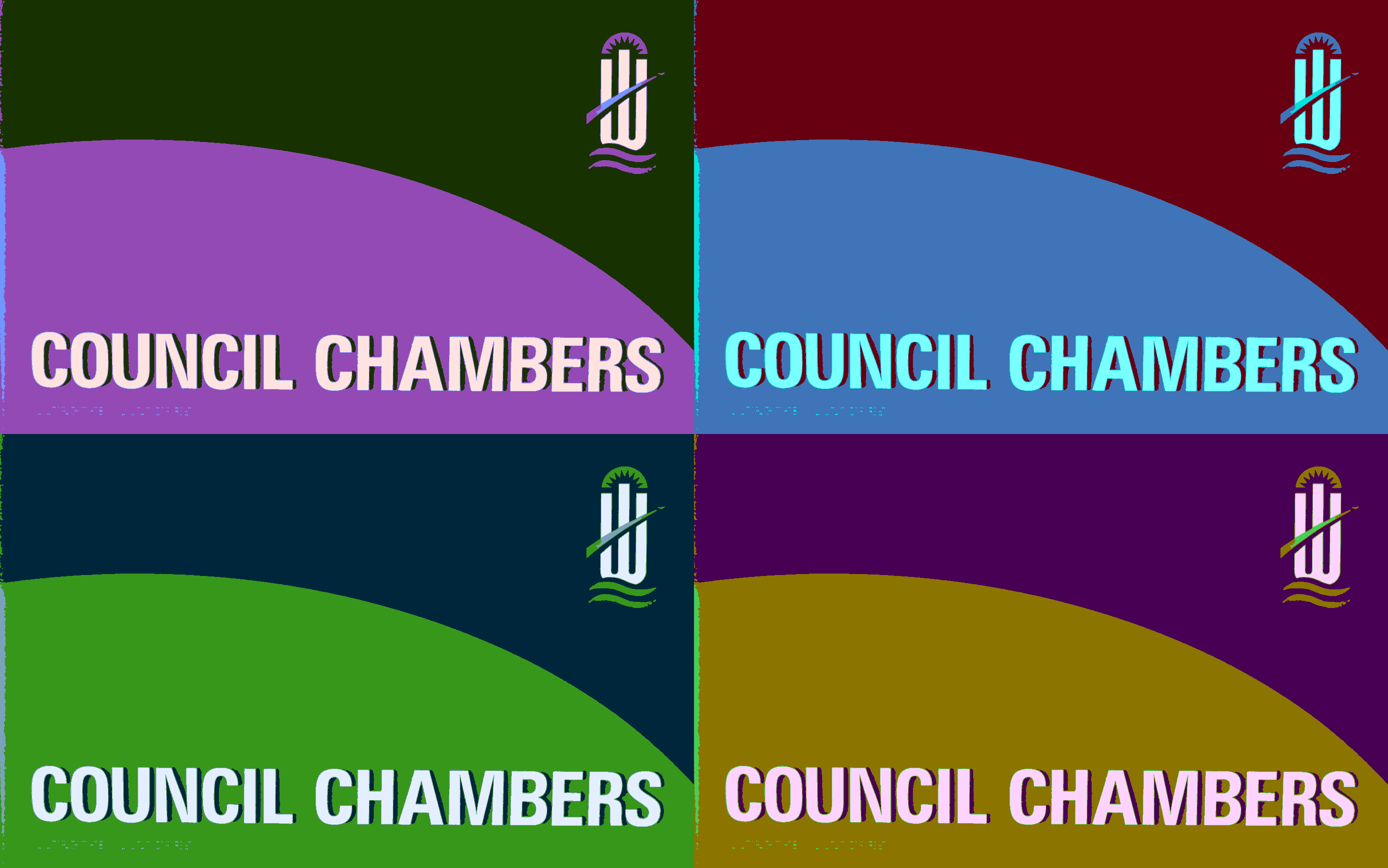 A law that forces Kansans to buy expensive electricity is not good for the state and its people.
A law that forces Kansans to buy expensive electricity is not good for the state and its people.
A report submitted to the Kansas House Standing Committee on Energy and Environment in 2013 claims the Kansas economy benefits from the state’s Renewables Portfolio Standard, but an economist presented testimony rebutting the key points in the report.
RPS is a law that requires the state’s electricity utilities to generate or purchase a certain portion of their electricity from renewable sources, which in Kansas is almost all wind. An argument in favor of wind energy requirementy from the Polsinelli Shugart law firm is at The Economic Benefits of Kansas Wind Energy.
Michael Head, a Research Economist at Beacon Hill Institute presented a paper that examined each of Polsinell’s key findings. The paper may be read at The Economic Impact of the Kansas Renewable Portfolio Standard and Review of “The Economic Benefits of Kansas Wind Energy” or at the end of this article. An audio recording of Head speaking on this topic is nearby.
[powerpress url=”http://wichitaliberty.org/audio/michael-head-kansas-rps-2013-02-14.mp3″]Michael Head, Beacon Hill Institute
Here are the five key findings claimed to be economic benefits to the Kansas economy, and portions of Head’s responses.
Key Finding #1: “New Kansas wind generation is cost-effective when compared to other sources of new intermittent or peaking electricity generation.”
The first observation to make from this key finding is that if it were true the state RPS policy is not necessary. If wind power is truly cost-effective compared to other sources of energy, state mandates that wind power be used should be repealed, allowing wind power to compete with other technologies to provide low cost electricity in Kansas.
This point is obvious. The actions of the wind power industry — insisting on mandates and subsidies — lets us know that they don’t believe their own claim.
Key Finding #2: “Wind generation is an important part of a well-designed electricity generation portfolio, and provides a hedge against future cost volatility of fossil fuels.”
Hedging has been, and will continue to be, a useful tool for utilities, and benefits the consumer. But the Kansas state government should not engage in this level of industrial policy by regulating just how much utilities can hedge, all for the sake of requiring wind power production. This is not a benefit in itself. Utilities will attempt to maximize profits by consistently analyzing the energy market and making the best decisions, often through long term purchasing agreements. … In short, hedging is a valuable tool when left to the discretion of the utility, but by utilizing a heavy-handed mandate, state lawmakers are actually constraining the ability of the utilities to make sound business decisions.
Key Finding #3: “Wind generation has created a substantial number of jobs for Kansas citizens.”
This key finding fails to take into consideration opportunity costs, a concept that Bastiat explained in his 1850 essay, and is a prime example of the reviewed paper only considering benefits. If a shopkeeper has a window broken, this creates work for a glazer to replace the window. However, this classic “broken window” fallacy mistakes breaking windows as job creation policy. At this point “The Economic Benefits of Kansas Wind Energy” is correct, wind generation does create jobs, just as a broken window creates jobs. But the report stops at this point and fails to provide a complete analysis of the effect of wind generation on total employment in Kansas.
As Bastiat showed, a consideration must be made to the opportunity cost. How would the shopkeeper have spent his money if he did not need to replace his window? He could use the money on capital investment, further growing his business, hire another worker or make various other purchases. Regardless of what it was, they would have all brought him more benefit, than replacing his window. If not, he would have broken the window himself.
This is one of the most important points: By forcing Kansans to pay for more expensive electricity, we lose the opportunity to use money elsewhere.
Key Finding #4: “Wind generation has created significant positive impact for Kansas landowners and local economics.”
This key finding makes a common mistake by assuming transfer payments are a benefit, a fallacy. The transfers of money via lease payments or property tax payments are not benefits. This transfer of money is a cost to one party and a benefit on the other, and can be illustrated easily.
What if Kansas wind farms vastly overpaid for their land and lease payments were valued at $1 billion a year. This report would place the benefit of wind power leasing this land at $1 billion a year. But the project has not changed, where did these new benefits come from?
In fact, there would not be any change to the net benefit of the project. Landowners would amass benefits equal to $1 billion minus the land value and utilities would amass costs equal to $1 billion minus the land value. These costs would in turn be passed along to rate payers in the form of higher utility costs. This illustrates the point that this policy is industrial policy. By dispersing the costs of a project to all citizens in the state, small, but powerful, groups with strong lobbying efforts are able to gather the rewards.
Key Finding #5 “The Kansas Renewable Portfolio Standard is an important economic development tool for attracting new business to the state.”
This key finding is related closely with the analysis of the job benefits that wind power purportedly conveys. Of course, legally requiring that utilities use specific sources of electricity will attract new business in that sector to the state. But we need to see the whole picture. This policy has costs, which will be borne by state residents and businesses via higher utility prices.
In conclusion, Head asked the obvious question: “With all of these supposed benefits of wind power, why does it require a government mandate and taxpayer funding?”
 In 2002 the City of Wichita mill levy rate was 31.845. In 2012 it was 32.471, based on the city’s Comprehensive Annual Financial Report. That’s an increase of 0.626 mills, or 1.97 percent. The Wichita City Council did not take explicit action to raise this rate. Instead, the rate is set by the county based on the city’s budgeted spending and the assessed value of taxable property subject to Wichita taxation. While the city doesn’t have control over the assessed value of property, it does have control over the amount it decides to spend.
In 2002 the City of Wichita mill levy rate was 31.845. In 2012 it was 32.471, based on the city’s Comprehensive Annual Financial Report. That’s an increase of 0.626 mills, or 1.97 percent. The Wichita City Council did not take explicit action to raise this rate. Instead, the rate is set by the county based on the city’s budgeted spending and the assessed value of taxable property subject to Wichita taxation. While the city doesn’t have control over the assessed value of property, it does have control over the amount it decides to spend. The allocation of city property tax revenue has shifted in a troubling way. According to the 2010 City Manager’s Policy Message, page CM-2, “One mill of property tax revenue will be shifted from the Debt Service Fund to the General Fund. In 2011 and 2012, one mill of property tax will be shifted to the General Fund to provide supplemental financing. The shift will last two years, and in 2013, one mill will be shifted back to the Debt Service Fund. The additional millage will provide a combined $5 million for economic development opportunities.”
The allocation of city property tax revenue has shifted in a troubling way. According to the 2010 City Manager’s Policy Message, page CM-2, “One mill of property tax revenue will be shifted from the Debt Service Fund to the General Fund. In 2011 and 2012, one mill of property tax will be shifted to the General Fund to provide supplemental financing. The shift will last two years, and in 2013, one mill will be shifted back to the Debt Service Fund. The additional millage will provide a combined $5 million for economic development opportunities.”

 In Wichita, about one-third of voters polled support local governments using taxpayer money to provide subsidies to certain businesses for economic development.
In Wichita, about one-third of voters polled support local governments using taxpayer money to provide subsidies to certain businesses for economic development. 



 The City of Wichita insists on a certain level of return on investment for its economic development incentives, but doesn’t apply that criteria to overlapping jurisdictions.
The City of Wichita insists on a certain level of return on investment for its economic development incentives, but doesn’t apply that criteria to overlapping jurisdictions. 





 Following is a press release from
Following is a press release from 




